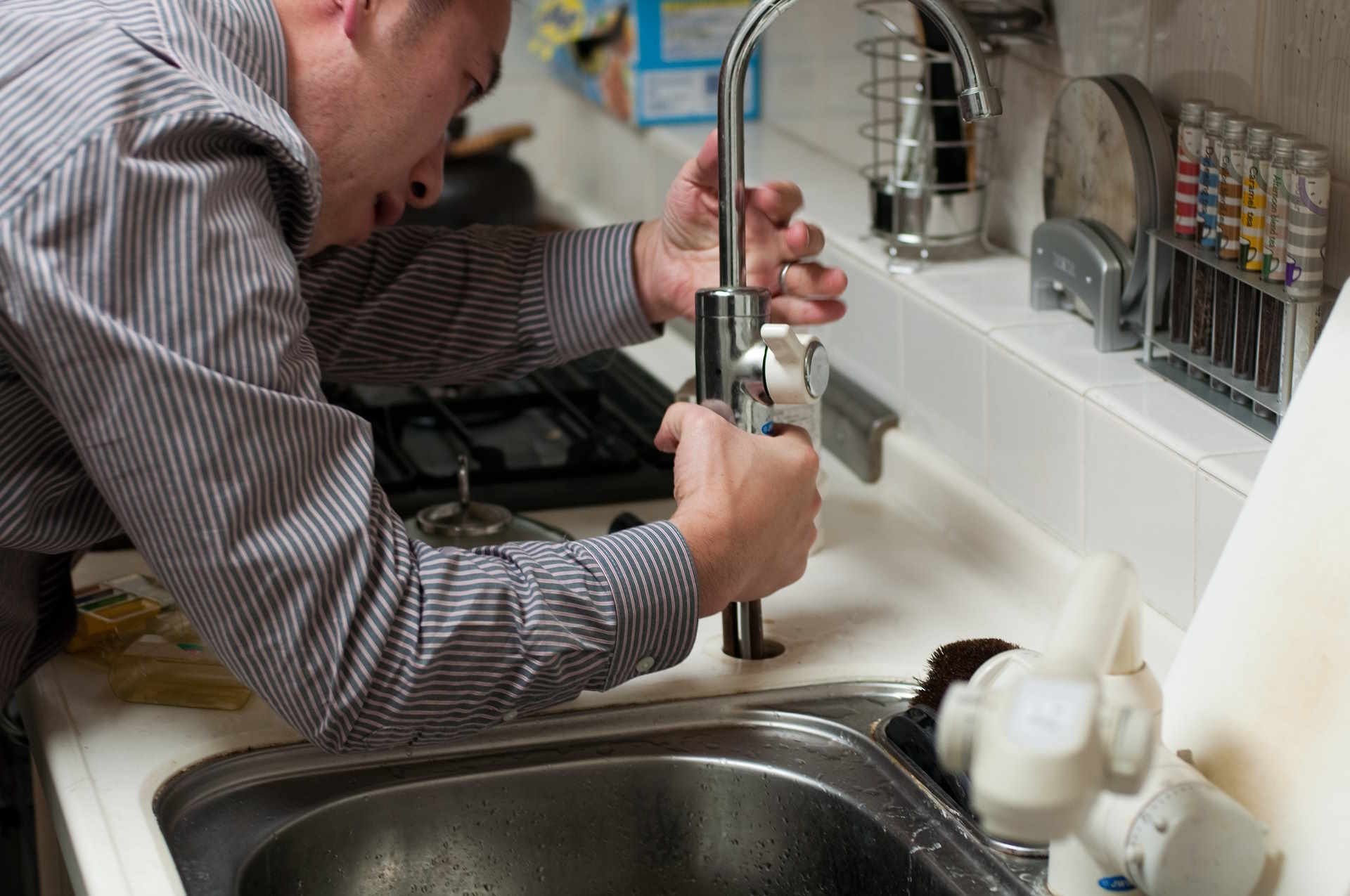Essential Tips for Effective Plumbing Repair Solutions
Plumbing problems can strike at any time, turning a peaceful day into a stressful emergency. Whether you're dealing with a leaky faucet, clogged drain, or burst pipe, having the right knowledge and approach can save you time, money, and frustration. Understanding the fundamentals of plumbing repair empowers homeowners to tackle minor issues confidently while knowing when to call in professional help.
Every homeowner will eventually face plumbing challenges, from minor drips to major system failures. The key to successful plumbing repair lies in preparation, proper technique, and knowing your limitations. With the right approach, many common plumbing issues can be resolved efficiently without causing additional damage to your home’s water systems.
Understanding Common Plumbing Issues
The most frequent plumbing problems include leaky faucets, running toilets, clogged drains, low water pressure, and pipe leaks. Leaky faucets often result from worn washers, O-rings, or valve seats, while running toilets typically involve faulty flappers or chain mechanisms. Clogged drains usually stem from hair, soap buildup, food particles, or foreign objects blocking the flow. Low water pressure can indicate mineral deposits in fixtures or issues with the main water line. Pipe leaks may occur due to age, corrosion, freezing, or excessive water pressure. Recognizing these issues early prevents minor problems from escalating into costly repairs.
Proper Tools for Plumbing Repair
Having the right tools makes plumbing repairs more manageable and effective. Essential tools include adjustable wrenches for loosening and tightening nuts and bolts, pipe wrenches for gripping round pipes, plungers for clearing clogs, and screwdrivers for various fixtures. A pipe cutter helps when replacing sections of pipe, while plumber’s tape (Teflon tape) ensures watertight connections. Other valuable tools include a drain snake for stubborn clogs, a basin wrench for hard-to-reach areas under sinks, and a torch for soldering copper pipes. Safety equipment like gloves and safety glasses protects you during repairs. Investing in quality tools pays off through years of reliable use and better repair outcomes.
Useful Tips to Avoid Mistakes
Successful plumbing repair requires careful planning and attention to detail. Always shut off the water supply before beginning any repair work to prevent flooding and water damage. Take photos before disassembling fixtures to remember proper reassembly order. Use the correct tools for each job to avoid damaging pipes or fittings. When applying plumber’s tape, wrap it clockwise around threads to prevent unwinding during installation. Avoid over-tightening connections, which can crack fittings or strip threads. Test repairs thoroughly before considering the job complete. Keep spare parts like washers, O-rings, and gaskets on hand for quick fixes. If you encounter unexpected complications or feel unsure about any step, don’t hesitate to contact a professional plumber.
When to Call Professional Help
While many plumbing repairs are within the scope of DIY projects, certain situations require professional expertise. Major pipe replacements, sewer line issues, water heater installations, and gas line work should always be handled by licensed plumbers. If you discover extensive water damage, mold growth, or structural concerns during a repair, professional assessment is crucial. Complex issues involving main water lines, municipal connections, or permit requirements also warrant professional attention. Additionally, if your initial repair attempts fail or create new problems, a professional can diagnose underlying issues and provide lasting solutions.
| Service Type | Provider | Cost Estimation |
|---|---|---|
| Basic Drain Cleaning | Roto-Rooter | $100-$250 |
| Faucet Repair | Mr. Rooter | $150-$300 |
| Toilet Repair | Benjamin Franklin Plumbing | $125-$275 |
| Pipe Leak Repair | Rescue Rooter | $200-$500 |
| Water Heater Service | Culligan | $300-$800 |
Prices, rates, or cost estimates mentioned in this article are based on the latest available information but may change over time. Independent research is advised before making financial decisions.
Preventive Maintenance Strategies
Regular maintenance prevents many plumbing problems before they occur. Schedule annual inspections of visible pipes, fixtures, and appliances for signs of wear or damage. Clean drain stoppers and aerators monthly to prevent buildup. Flush water heaters annually to remove sediment that reduces efficiency and lifespan. Insulate pipes in unheated areas to prevent freezing during cold weather. Avoid putting grease, coffee grounds, or non-biodegradable items down drains. Replace old hoses on washing machines and dishwashers every five years to prevent bursts. These simple steps extend the life of your plumbing system and reduce the likelihood of emergency repairs.
Effective plumbing repair combines proper preparation, quality tools, and sound technique. By understanding common issues, using appropriate tools, and following best practices, homeowners can handle many repairs confidently. Remember that some situations require professional expertise, and there’s no shame in seeking help when needed. Regular maintenance and prompt attention to minor issues prevent major problems and keep your plumbing system functioning reliably for years to come.





